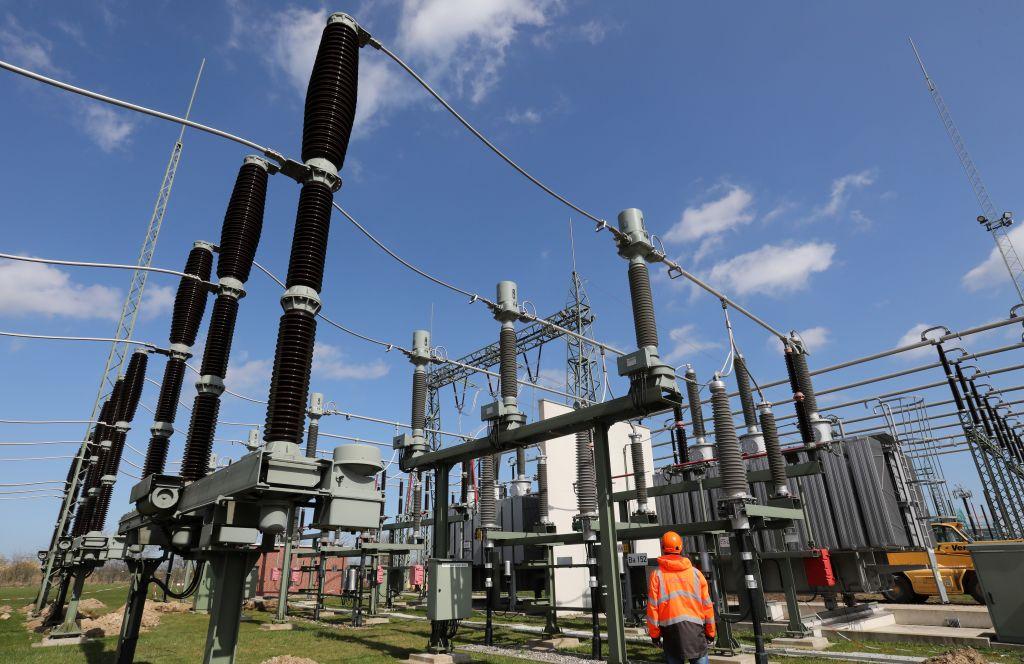Berlin is set to make foreign investments in Germany’s strategically important sectors more difficult, after mounting concerns about Chinese business deals in recent years.
The current threshold for triggering a government national-security review of an investment by an entity outside of the European Union is a 25-percent stake in a German company. The Berlin government approved a proposal to lower the threshold to 10 percent—in an amendment to a law called the Foreign Trade and Payments Ordinance (AWV), according to a Dec. 16 article by Germany’s business daily newspaper Handelsblatt.



